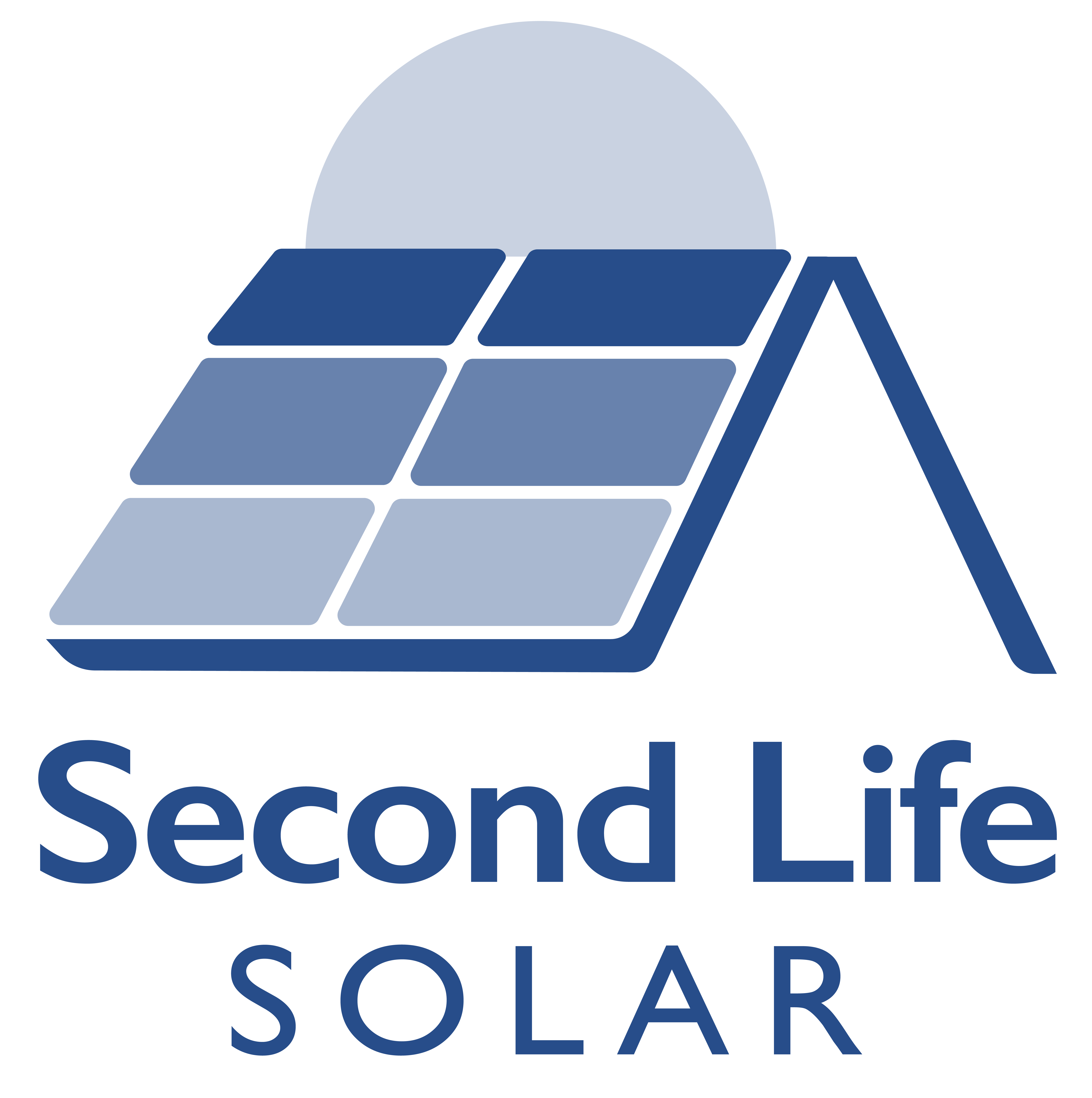When the cold weather arrives, many people wonder: Do solar panels work in winter? The short answer is yes. Solar panels are designed to produce energy all year round, even during the winter months.
In fact, colder temperatures can sometimes improve the performance of solar panels. Let’s explore how solar energy holds up in the chillier part of the year and what you can expect for your system during those shorter, darker days.
It’s a common misconception that solar panels stop working when the temperature drops. In reality, cold weather doesn’t harm their ability to generate power—in some cases, it may even boost solar panel efficiency. Solar panels perform better in cooler temperatures because excessive heat can reduce their efficiency.
What really affects solar panels is not the temperature but the amount of sunlight they receive. Even during cloudy days, your panels can still capture small amounts of sunlight to produce energy. Modern panels are incredibly efficient and are designed to maximise energy capture, even in less-than-ideal weather conditions.
Winter’s shorter daylight hours do mean your panels will have less time to generate power compared to summer. However, this doesn’t mean they won’t work at all. As long as there’s daylight, solar panels work—whether it’s bright sunshine or diffused light on an overcast day.
During winter days, the overall energy output of your system may be lower than in sunnier seasons, but this reduction doesn’t negate the benefits of solar energy.
Many systems are designed to overproduce in the summer, banking extra energy to offset lower production in winter. Adding a solar battery to your system can further help you store excess energy for use when production is lower.
Heavy snow might seem like a problem for solar panels in winter, but it’s not as big of an issue as you might think. Most solar panels are installed at an angle, allowing snow to slide off naturally. Even if snow temporarily covers the surface, sunlight can still penetrate thin layers, allowing the panels to continue generating power.
For panels covered by heavy snow, the weight is unlikely to cause damage since they’re built to withstand a variety of weather conditions. And because the dark surface of the panels absorbs sunlight, any snow on them often melts quickly.
Ice is also not a major concern. While it may slightly reduce efficiency if it forms on the surface of the panel, it’s generally not harmful. Regular inspections and maintenance during the colder months can help ensure your system continues to perform at its best.
While cloudy days do reduce the amount of sunlight reaching your panels, they don’t stop them from working. Panels are still able to capture diffused sunlight, meaning they can continue producing energy even in overcast conditions. This is why solar energy is viable in countries with less consistent sunshine, like the UK.
The impact solar panels feel from clouds is mitigated by advancements in solar panel technology, which has made modern panels more efficient than ever. So even on grey, wintry days, your system is still doing its job.
Interestingly, solar panels often perform better in cold weather compared to very hot conditions. High temperatures can reduce the efficiency of the photovoltaic cells, but cooler weather helps them operate more effectively.
So, while the winter months may bring fewer hours of daylight, the energy that your solar panels produce during these hours is often more efficiently converted into electricity.
If you’ve recently decided to install solar panels, you may be concerned about whether it’s the right choice for the colder months. The reality is that solar energy is a year-round solution. While the seasonal variation in sunlight means your system might generate less power in winter, it balances out over the course of the year.
Pairing your system with a solar battery can help you store excess energy generated during the sunnier months for use during the winter. This way, you can keep your energy output consistent, even when the days are short and sunlight is in lower supply.
Even during the darkest and coldest months of the year, solar energy remains an excellent investment. Here are some key reasons why:
At Second Life Solar, we understand that questions about seasonal performance can make people hesitant to go solar. But the truth is, solar panels are designed to work year-round, even during the winter months. If you’re ready to make the switch to sustainable energy, we provide second hand solar panels, saving raw materials in the production of new products.
Winter may bring shorter days and colder temperatures, but it’s no obstacle for a well-designed solar system. Contact Second Life Solar today and take the first step toward year-round energy savings!

At Second Life Solar, we specialise in supplying used solar panels to buyers worldwide.
© All Rights Reserved.